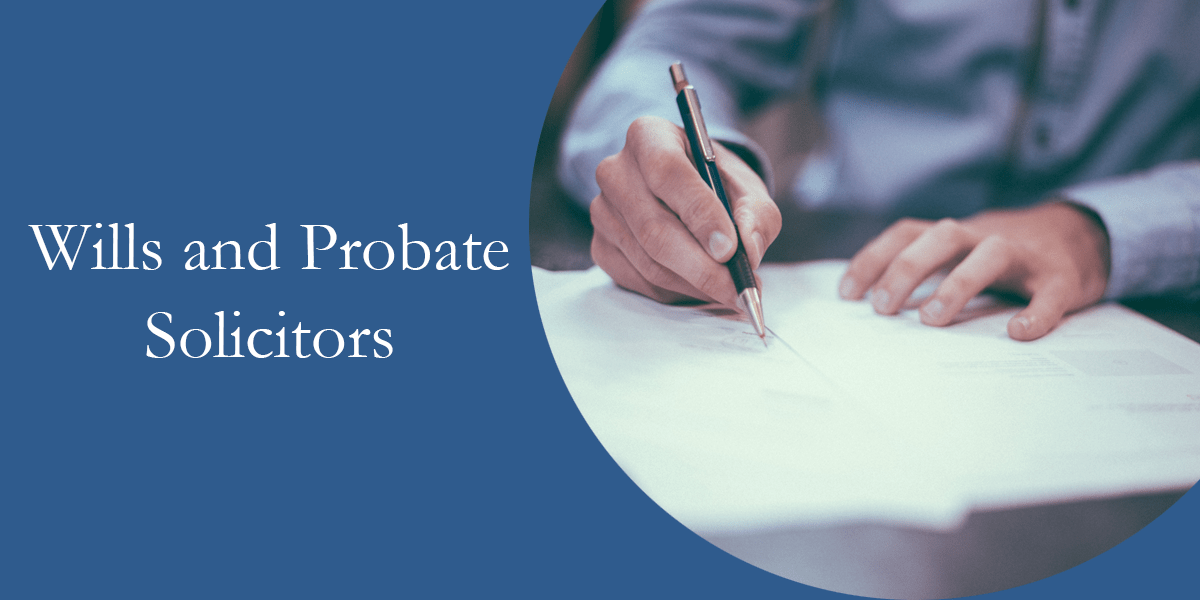…Because it is one of the most important things you can do to make sure your loved ones get exactly what you want to leave for them when you are no longer around. If you die without making a will, you are said to have died ‘intestate’, meaning that your wealth is distributed according to set ‘intestacy’ rules. This could result in your hard-earned wealth going to people you may not wish to provide for. It also may result in your estate having to pay out more inheritance tax than would be required if you had a properly drafted will.
By making a will, you can ensure:
- your property goes to those you want to provide for after you have passed away, including your relatives, friends and favourite charities;
- who deals with your estate after your death (your ‘executor(s)’);
- your wishes on who you want to look after your dependent children after you and any other guardian is no longer around are noted;
- any funeral wishes are noted; and
- you don’t pay more Inheritance Tax than is necessary.
Making a will is particularly important if:
- you have children or other dependents who are not able to care for themselves;
- you are not married or are not registered as civil partners, as the law does not automatically recognise cohabitants as having the same rights as spouses and civil partners.
Review your Will
If you have made a will in the past, certain changes in your circumstances such as a marriage, civil partnership, separation, divorce or a dissolution of a civil partnership can make all or part of your will invalid. If your circumstances have changed, you should review your will as soon as possible. In any case, it is recommended that your will is reviewed every five years and after any major change in your life (including having a child, moving house, or if an executor named in your will dies) to ensure your will still reflects your wishes.
Get some help with drafting your Will
Making a will is often a complicated process with various legal issues to consider and a number of legal formalities that must be complied with to make sure that your will is valid. It is far too easy to make a mistake in your will, which could cause problems for those dealing with your estate after your death. A suitably qualified solicitor can help you to address any issues that may arise and prepare your will for you. The Law Society recommends that you consider taking legal advice about making a will if, in particular:
- several people could potentially make a claim on your estate when you die because they are financially dependent on you;
- you want to include a trust in your will to provide for young children or a disabled person, save tax and/or protect your wealth in a particular way after you die;
- you own all or part of a business;
- you live in the UK but you have property abroad; or
- your permanent home is outside of the UK or you are not a British citizen.
The friendly and helpful wills solicitors in our Private Wealth Department specialise in wills and probate. They would be happy to assist you in giving you the necessary legal advice and in preparing or reviewing your will. Contact Claire Binyon to get specialist legal advice on wills, trusts, estate administration, powers of attorney and tax planning.
